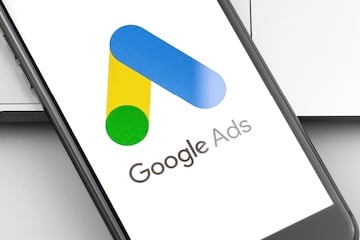I’ve been running pay-per-click campaigns for almost 20 years and I’ve seen significant changes. Tactics I once thought were cutting edge are now obsolete. There are exciting new strategies that I love to learn and test.
In this post, I will share a major change that I believe we will see in 2025.
Search campaigns without keywords
The “death of the keyword” prediction is not new. This suggests that keywords will disappear as an optimization tactic and be replaced by audience and other factors.
However, keywordless search campaigns already exist. Dynamic search ads and peak performance campaigns match user queries to website content. Advertisers see queries, but there are no keywords to bid on. It’s a holistic shift to keyword-less campaigns and a hint of the future.
Google has redefined how free matching works. Non-keyword queries may trigger ads based on other factors, such as previous searches and the user’s location. For example, an advertiser offering a loose match keyword for “office desk accessories” might run an ad for “coffee mugs” if the user’s previous search indicated an interest in desk items.
Based on this logic and the way Google runs phrase and exact match ads, there are no longer any true match types. Google decides which queries are relevant. Keywords are part of, not the only focus.
Google says that loose match uses the most audience signals and is therefore the most effective for advertisers. I disagree, at least in part because I still see better performance for phrase and exact match. But the writing is on the wall: Match type is not critical.

According to Google, free match uses the most audience signals and has the best results for advertisers. Click on the image to enlarge.
A beta campaign in Performance Max called “search topics” confirms the direction. Instead of submitting keywords, advertisers enter topics related to their product or service. For example, advertisers selling armchairs could enter the terms “armchairs”, “armchairs for armchairs” and “sofa armchairs”.
Keywordless search allows Google to cast a wider net with more data and rely on machine learning to show the right ad.
Same structure
Despite the absence of keywords, I do not see a change in the structure of search campaigns. Campaigns organized by topics with ad groups in subtopics will continue. The ad text will match the ad set. Targeting will be a combination of audience signals, including search topics, and will be augmented with first-party data.
However, an advertiser may question the removal of keywords from search campaigns if Performance Max is targeting the search network. Why bother with a search campaign when targeting options equal maximum performance?
I can see several reasons.
First, advertisers cannot select networks in peak performance campaigns. Ads appear on all Google services. The setting is fixed, immutable. Therefore, advertisers interested only in the search network should not choose maximum performance – search campaigns are a better option.
Second, search has been at the core of Google for nearly 25 years. Removing a search campaign type – even without keywords – would be too disruptive for advertisers who believe peak performance isn’t viable.
Therefore, Google is unlikely to force advertisers to switch from search. Google will support campaigns without keywords, but won’t make them mandatory.
